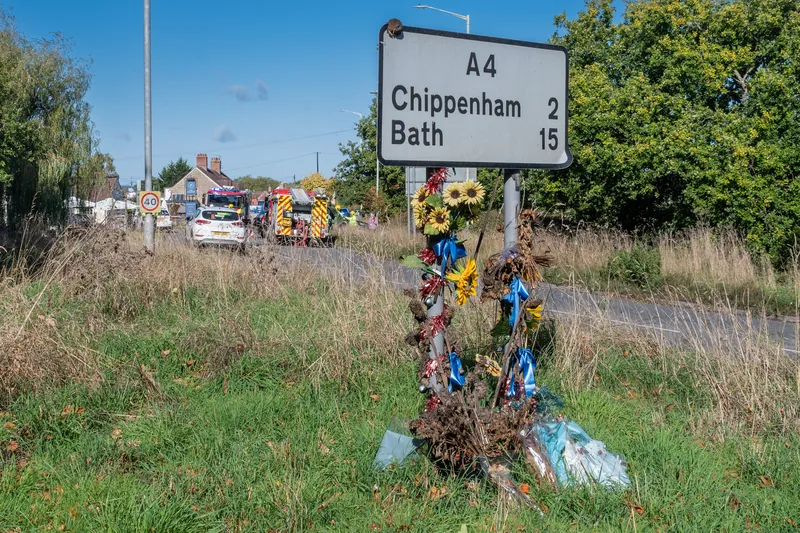New research, commissioned by street lighting experts Lucy Zodion and conducted by independent research agency DJS Research, has highlighted the risk that many local governments are lacking the budget, leadership and capability to progress smart initiatives and connected technology in cities across the UK.
The research, involving 187 councils from across England, Scotland, Wales and Northern Ireland, reveals that smart cities are not deemed a strategic priority for the majority of councils in the UK and
July 6, 2016
Read time: 2 mins
New research, commissioned by street lighting experts Lucy Zodion and conducted by independent research agency DJS Research, has highlighted the risk that many local governments are lacking the budget, leadership and capability to progress smart initiatives and connected technology in cities across the UK.
The research, involving 187 councils from across England, Scotland, Wales and Northern Ireland, reveals that smart cities are not deemed a strategic priority for the majority of councils in the UK and identifies barriers to delivery that are stifling progress in many local authorities. Without a clear roadmap to delivery from Government and a coherent, cost-effective approach, the UK risks lagging behind other countries with an inconsistent and delayed roll-out of smart cities.
A significant gap was identified between those councils leading the way on smart cities and those not yet engaged: over 80 per cent had little to no involvement with smart cities and few had named smart city leads or teams managing smart implementation. The findings indicate that the UK risks a three-tiered approach to smart cities delivery, with those early-adopters who have secured funding striving ahead, leaving those without resources unable to make progress, and many more still yet to grasp the potential benefits available.
Five major barriers to delivery were highlighted during the research: a lack of funding, a lack of internal prioritisation, a lack of evidence, insufficient collaboration, and a general lack of confidence amongst council leaders. A model of momentum, identifying six key stages on a council’s road to smart cities, also maps out the lag between those leading in smart cities and those yet to engage.
The report identifies recommendations to optimise a smart city transition, from the creation of an over-arching strategy to establish leadership and objectives to engaging citizens to ensure services developed meet the needs of those living and working in the city.
The research, involving 187 councils from across England, Scotland, Wales and Northern Ireland, reveals that smart cities are not deemed a strategic priority for the majority of councils in the UK and identifies barriers to delivery that are stifling progress in many local authorities. Without a clear roadmap to delivery from Government and a coherent, cost-effective approach, the UK risks lagging behind other countries with an inconsistent and delayed roll-out of smart cities.
A significant gap was identified between those councils leading the way on smart cities and those not yet engaged: over 80 per cent had little to no involvement with smart cities and few had named smart city leads or teams managing smart implementation. The findings indicate that the UK risks a three-tiered approach to smart cities delivery, with those early-adopters who have secured funding striving ahead, leaving those without resources unable to make progress, and many more still yet to grasp the potential benefits available.
Five major barriers to delivery were highlighted during the research: a lack of funding, a lack of internal prioritisation, a lack of evidence, insufficient collaboration, and a general lack of confidence amongst council leaders. A model of momentum, identifying six key stages on a council’s road to smart cities, also maps out the lag between those leading in smart cities and those yet to engage.
The report identifies recommendations to optimise a smart city transition, from the creation of an over-arching strategy to establish leadership and objectives to engaging citizens to ensure services developed meet the needs of those living and working in the city.








